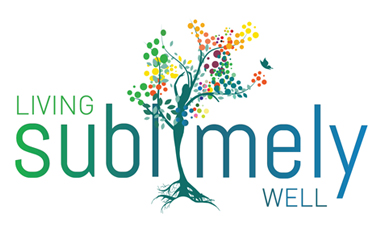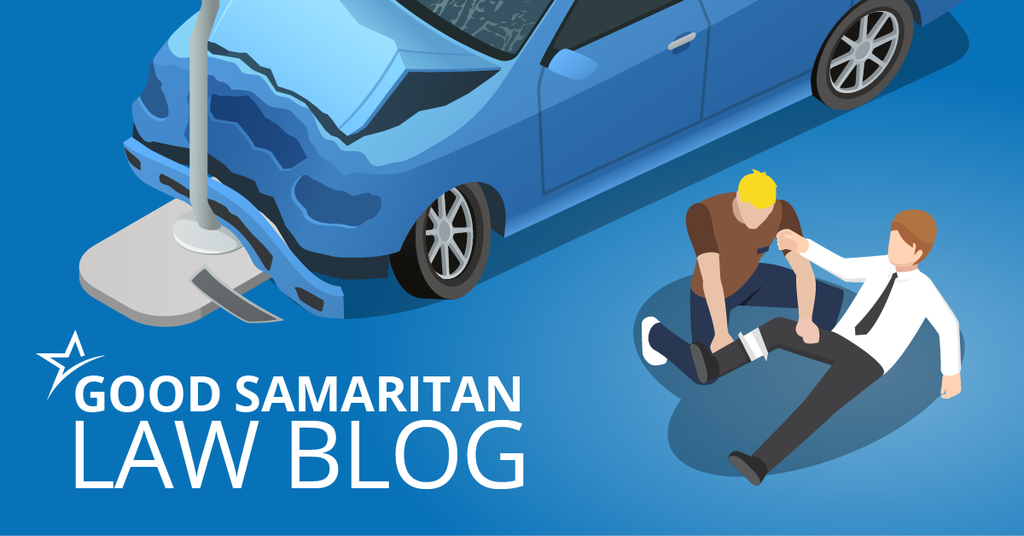Imagine you’re on a rural road at night. It’s dark, and far from most signs of human habitation. Suddenly, you see something on the side of the road: A man is unconscious, and obviously injured. You’re the only one nearby. What do you do? What should you do? Do you put him in the back of your car and drive him to the hospital? Call 911? Stay with him until help arrives? You don’t know, but this is where Good Samaritan laws apply.
There’s no single Good Samaritan law. Obviously laws change from country to country, and in the United States, they vary from state to state. With that in mind, it’s important to know that this blog post is not legal advice. To better protect yourself in the event of an emergency, be sure to read up on the relevant laws in your area.
What is a “Good Samaritan?”
“Good Samaritan” refers to a biblical story about a traveller who helps a robbed and beaten man on the side of the road. The traveller (who is from Samaria, an ancient area of the Middle East) helps the victim up, gives him water, and walks with him until they get to a town where the man can recover.
A modern good Samaritan is anyone who renders assistance to someone they see in peril in public. It could be victims of a car accident, a man having a heart attack, or (like in the original example) a victim of violence. Good Samaritan laws the world over outline a certain amount of rights and obligations for people who happen upon some kind of medical emergency and are in a position to help.
The intent of Good Samaritan laws
A major purpose behind Good Samaritan laws is to protect people who try to render assistance in an emergency situation. For instance, let’s say someone with no experience with fire rescue is trying to pull someone from a burning car wreck. It’s possible that, without proper training, they could injure the accident victim further, or even kill them. Holding, lifting, or dragging a human body incorrectly has consequences.
However, we obviously don’t want the bystander to have any hesitation before offering help. If people were trying to decide about whether or not they’re going to get hit with an injury or wrongful death lawsuit in the face of imminent danger, that would disincentivize rescues. So, Good Samaritan laws would protect our hypothetical rescuer from legal action if they accidentally broke someone’s ribs while prying them from a burning car. This is just one example. Good Samaritan laws apply to a wide range of emergency situations, not just broken bones.
What the laws don’t protect from is personnel who are acting in a professional capacity. If an EMT arrives at the scene of an emergency, they’re on the clock and are required to abide by all of the professional standards that they are normally expected to abide by. This makes sense, as in that situation our EMT is there with their team, their gear, and all the resources that they have normally available to them.
However, if that same EMT were to find a person in need of assistance on their own time and respond as a volunteer, Good Samaritan laws would usually protect them from liability. Good Samaritan laws usually kick in when the uniform’s off and you’re out and about as a civilian. Again: usually. It’s an area with a great deal of variation.
Obligations within Good Samaritan laws
In some instances, bystanders are required to render assistance or face consequences. This does not mean that passing pedestrians must instantly become nurses: Often, it simply requires that they call emergency services. Sometimes Good Samaritan laws require bystanders to remain with the afflicted person until professional help arrives, and in rare instances Good Samaritan law protect onlookers who don’t take action.
It can be confusing. Be sure to research a good breakdown of Good Samaritan laws in the U.S., showing what states expect of onlookers, how bystanders and helpers are protected, and what people in emergency situations could be liable for.
When Good Samaritan laws apply
Consent is a cornerstone of healthcare. It’s very rare that someone can be forced to recieve treatment against their wishes. Before helping someone, ask if they need it. If a person appears to be injured but says “I’m fine,” then they have refused assistance. A Good Samaritan may go about their business.
If they say they need help, though, then you’re often required to give it. If someone’s unconscious, that is often considered implied consent. If someone is unable to respond, laws will generally protect you (or even require you) to call emergency services.
One again, this post is not legal advice, but a general look at good Samaritan laws and their intent. To gain a better understanding of your rights and obligations in an emergency, consult laws and legal professionals in your are.
Let’s hear from you! Have you ever rendered assistance in an emergency? How did you deal with it? What can you share with our readers to help them if they are in a similar situation?
About the Author: Ameritech College of Healthcare is an accredited college in Draper and Provo, Utah. Specializing in healthcare career training, Ameritech’s goal is to provide students with career advancement in the healthcare field in the shortest time possible. Ameritech is best known for its accelerated nursing program. Widely recognized as selective, rigorous, and innovative, the program has grown to be one of the highest-ranking nursing programs in Utah. Past graduates have come to Ameritech from across the United States and even internationally. With the expansion into online education, Ameritech offers an accelerated advanced degree option for registered nurses who wish to pursue their Bachelor of Science in nursing.


0 Comments